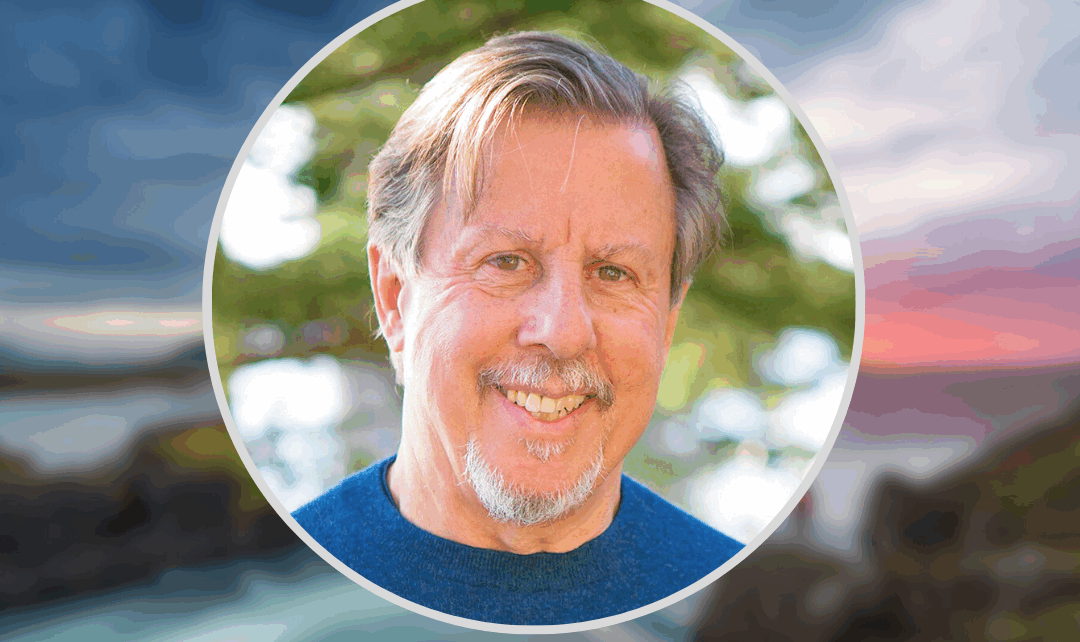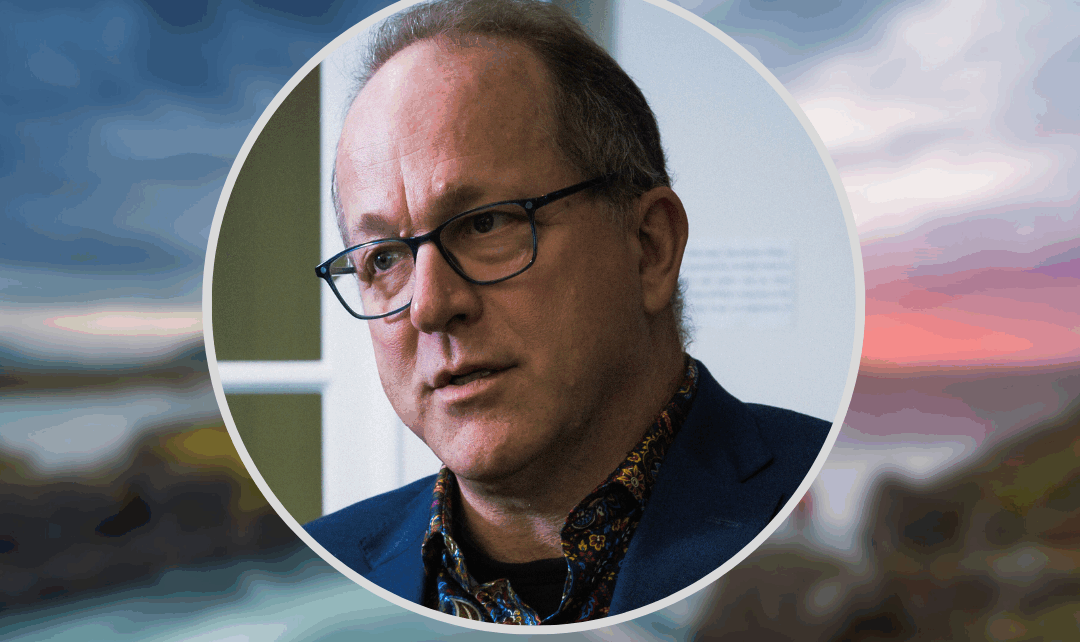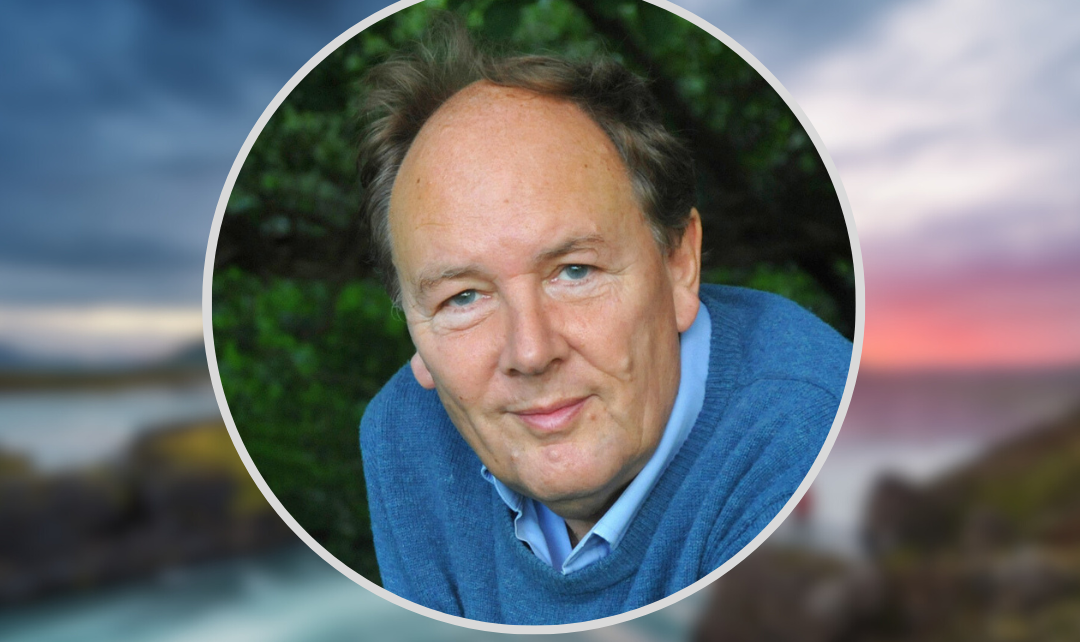Cortland Dahl Ph.D., a leading expert in mindfulness meditation and contemplative science, joins Andrew to discuss his work bridging science and spirituality. He emphasizes the importance of cultural translation and the integration of scientific insights into meditation practices. Dahl highlights the Healthy Minds app, which uses data from 200+ practices to show that even short, active meditations can significantly improve well-being, with improvements of 20-30% in just a month and up to 50-60% with long-term use. He also discusses the need for modern adaptations of traditional practices, balancing comfort and discomfort, and the role of compassion and curiosity in navigating contemporary challenges.
Cortland and Andrew delve into the role and significance of shamatha (stability) in Mahamudra and Dzogchen traditions, noting that while it is foundational, it is not the end goal. The conversation highlights the debate within these traditions about the necessity and extent of shamatha practice, with some arguing it is unnecessary.
They emphasize the importance of nature of mind and bodhicitta, suggesting that these practices provide stability and should be prioritized over shamatha. They also discuss the potential pitfalls of meditative experiences (nyam) and the distinction between nirodha (cessation) and nirvana, concluding that the view one holds during practice is crucial.
About Cortland Dahl Ph.D.
Cortland Dahl is a scientist, translator, author, and meditation teacher with a lifelong interest in meditation and the science of flourishing. His journey began in the early 1990s when he first learned to meditate. His passion led him on a journey around the world, from monasteries in Burma to zendos in Japan, as well as eight years living in Tibetan refugee settlements in Nepal and India.
During his travels, Cort became fluent in Tibetan and became a translator and scholar, receiving a master’s degree in Buddhist studies and publishing twelve volumes of translations. He went on to study at the University of Wisconsin-Madison, where he was mentored by the renowned neuroscientist Dr. Richard Davidson and received a Ph.D. in Mind, Brain, and Contemplative Science, the first ever degree of its kind awarded by the university. He has since published numerous scientific articles, including a new scientific framework for the cultivation of well-being, published in the Proceedings of the National Academy of Sciences (PNAS).
As part of his Ph.D. dissertation, Cort created the Healthy Minds Program, now a free mobile app that has been featured by the New York Times, Vogue, Sports Illustrated, and many other publications. More recently, he authored A Meditator’s Guide to Buddhism and the forthcoming Born to Flourish: How to Thrive in a Challenging World, with Dr. Richard Davidson.
Cort currently serves as Executive Director and board member for Tergar International, the organization that oversees the Tergar community in the West, as well as a senior instructor for the Tergar community. He is also a scientist at the Center for Healthy Minds and Chief Contemplative Officer for its affiliated nonprofit, Healthy Minds Innovations.
Cort currently lives with his wife and son in Madison, Wisconsin.
Inside the Podcast
Introduction and Background of Cortland Dahl
Contemplative Science and Cultural Translation
Science and Spirituality: A Historical Perspective
The Role of Science in Meditation Practice
Innovative Approaches to Meditation Practice
The Householder Yogi and Modern Meditation Practice
Adapting Tradition Without Extinction
Using Buddhist Principles in Divisive Times
Blind Spots in Traditional and Modern Practices
The Role of Meditative Absorption in Tibetan Buddhism
Shamatha and Its Role in Mahamudra and Dzogchen Traditions
Essential Elements in Meditation Practice
Moderation in Meditative Practices
Nirodha vs. Nirvana and the Role of Cessation States
Pathways to Unconditioned Reality
The Role of Psychedelics in Meditation Practice
Final Thoughts and Future Conversations





